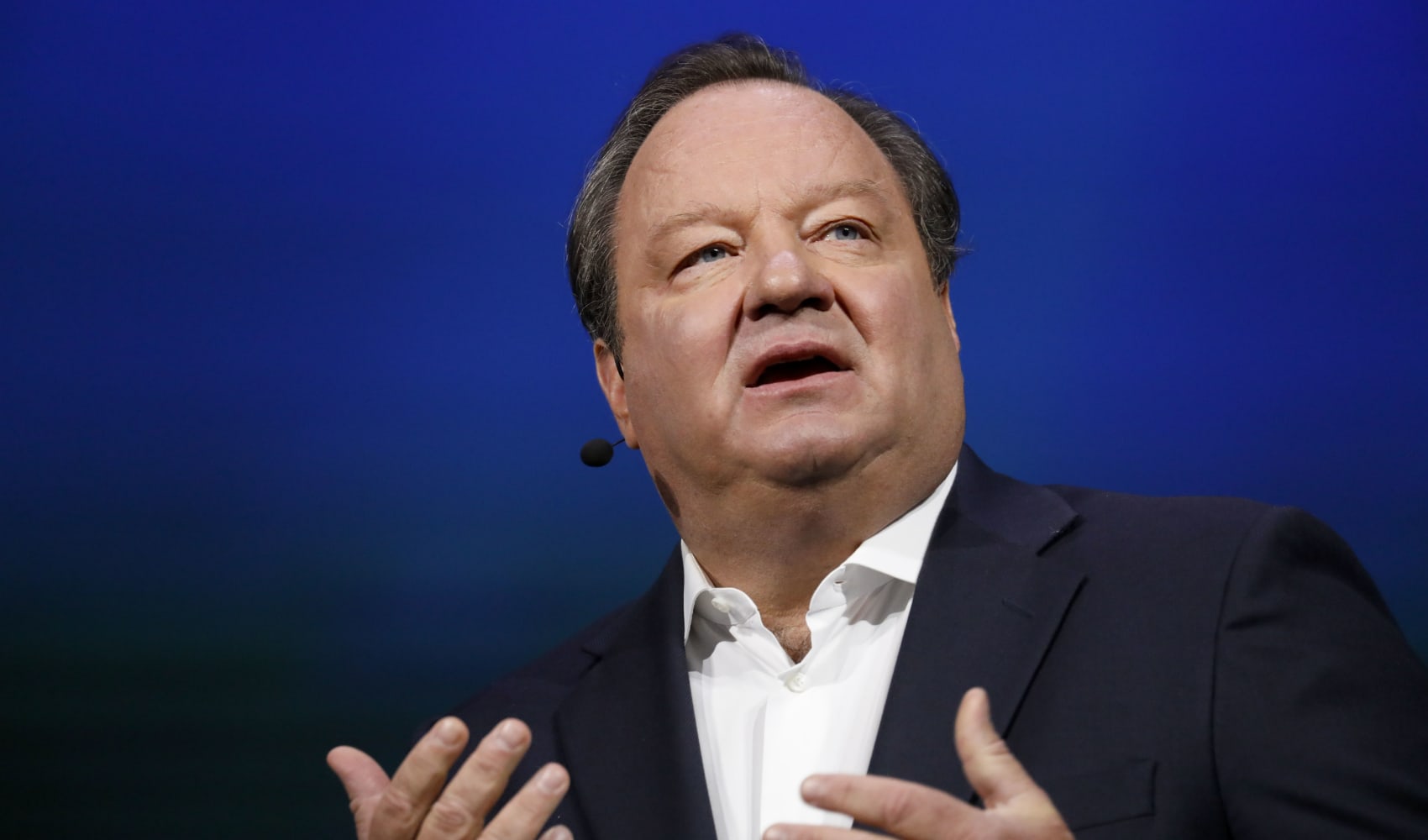
- Nio is cutting prices for its cars, and delaying plans to spend on business expansion and research.
- On Friday, the company reported cash and cash equivalents of 14.76 billion yuan ($2.07 billion) as of March, below what it disclosed for the end of 2021 and 2022.
- Nio said its gross margin fell to 1.5% in the first quarter, down from 14.6% a year ago and 3.9% in the fourth quarter.
BEIJING — Chinese electric car brand Nio said Monday it is cutting prices for its cars by the equivalent of $4,200 effective immediately, and ending free battery swaps for new buyers.
The move is contrary to CEO William Li's claim in April that Nio would not join a "price war." Tesla and other electric car companies in China had cut prices earlier this year in a bid to attract buyers.
The price cuts also follow Li's comments Friday that the company was delaying its capital expenditure and some research and development projects, according to a FactSet transcript of Nio's first-quarter earnings call.
Get Boston local news, weather forecasts, lifestyle and entertainment stories to your inbox. Sign up for NBC Boston’s newsletters.
Li said the delay is part of an effort to address the impact on cash flow from fewer car deliveries.
The company reported cash and cash equivalents of 14.76 billion yuan ($2.07 billion) as of March, below what it disclosed for the end of 2021 and 2022.
Nio's decision to "cut non-core projects is too slow," analysts at China Merchants Bank International said in a note Monday.
Money Report
"It now also faces a dilemma between brand positioning and profitability, as it has started to cut service benefits, which could dent its brand image and thus sales more severely than expected."
The analysts cut their rating on Nio shares to hold, from buy.
Nio on Monday also announced it would no longer offer battery swap services for free to new buyers.
Falling deliveries
The latest monthly figures show Nio's deliveries fell to 6,155 cars in May, down from the first-quarter average of just over 10,000 vehicles a month. The monthly average in the fourth quarter was about 13,350 cars.
Looking ahead, Nio said that it aimed to deliver at least 20,000 cars a month in the second half of the year.
Nomura analysts said they expected the car company can improve its deliveries with new models, like the ES6 SUV and ET5 touring sedan.
"That said, we expect NIO's implied upside to be capped by intensified competition and limited market share improvement in 2023F," the analysts said in a report.
Nomura said it was assuming coverage of Nio with a neutral rating. Previously, the company had rated Nio at buy.
Nio's cash and cash equivalents fell below $1 billion at the end of 2019. But the company made a comeback in 2020 with a lifeline of about $1 billion from investors, including state-backed entities.
Li said over the weekend the company had enough cash to support its business.
However, the company reported a sharp drop in gross margin to 1.5% in the first quarter, down from 14.6% a year ago and 3.9% in the fourth quarter.
The Chinese auto market is the largest in the world. Thanks to government subsidies and license plate restrictions, the local electric car industry has grown and penetration of new energy vehicles has reached about one-third of new passenger cars sold. The category includes hybrid-powered cars.
Earlier this month, China's top executive body, the State Council, said the country would extend purchase incentives for new energy vehicles as a way to boost consumption, according to state media. It did not provide details.
"Despite short-term headwinds, we believe NIO remains well-positioned with multiple upcoming ramps including its lowest cost SUV ES6, a multi-year EV adoption tailwind and market leadership in premium EVs in China, the largest EV market, EU/Global expansion, and an expanding product portfolio," analysts at Mizuho Securities said in a note Friday.
Mizuho maintained its buy rating on Nio, but lowered its price target from $25 to $20 a share.
Nio shares are down by about 20% for the year so far at $7.73 a share.






